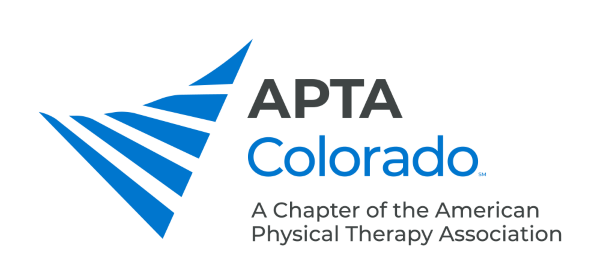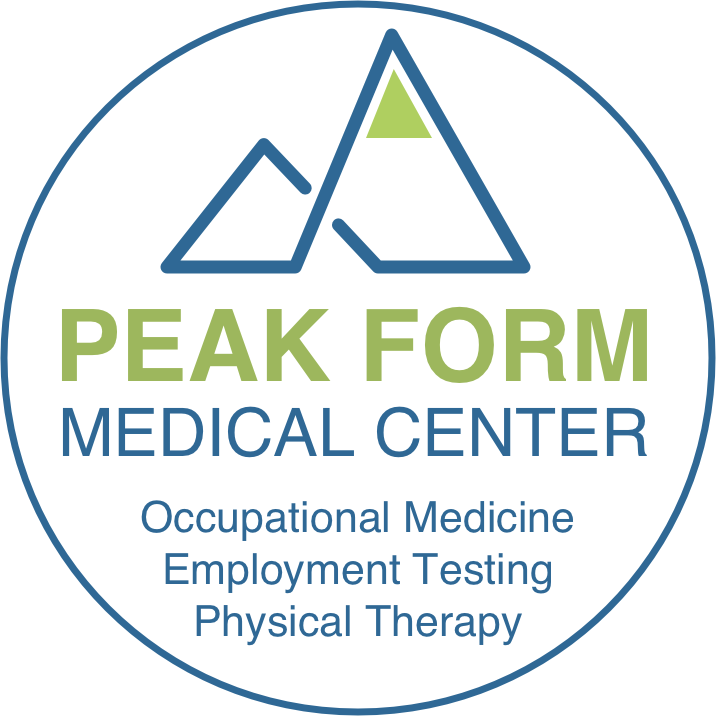Omnibus Provides Diverse Funding Options For Health Care WorkforceInside Health Policy | By Bridget Early As a worsening health care workforce crisis continues to plague providers across the country, federal legislators envision a financial fix including $1.3 billion for the health care workforce in the fiscal 2022 omnibus spending package, which passed the House and Senate this week and would address staffing shortages and bolster retention efforts across a multitude of struggling sectors. Legislators and stakeholders have discussed a number of ways to slow the skyrocketing rates of resignations and retirements that have been exacerbated by the COVID-19 pandemic. Student and educator loan forgiveness, increased graduate medical education slots, fast-tracked visa processes for foreign national providers, and broad additional funding for facilities have all been considered. The omnibus funding encompasses all of these options, according to an explanatory statement that accompanies the legislation, with a special focus on groups experiencing the most acute worker shortages, including nurses, maternal care specialists, behavioral health specialists and rural providers. Loan forgiveness and scholarships. The omnibus package includes $3.5 million in scholarships for disadvantaged students to educate midwives. The explanatory statement says this is meant to address the national shortage of maternity care providers and the lack of diversity in the maternity care workforce. For nurses, the package includes $280.5 million for staff education and retention efforts, loan forgiveness and scholarships, which experts have recently lauded as a prime method of expanding the nursing pipeline. A complementary fund for loan forgiveness for nurse faculty would receive $28.5 million, the explanatory statement says. The omnibus package also includes several separate funding pots for the education of health care providers, the explanatory statement says, such as $55 million for medical student education; $20 million for graduate psychology education; $24 million for substance use disorder treatment and recovery loan repayment programs; and $5 million for pediatric subspecialty loan repayments... |


